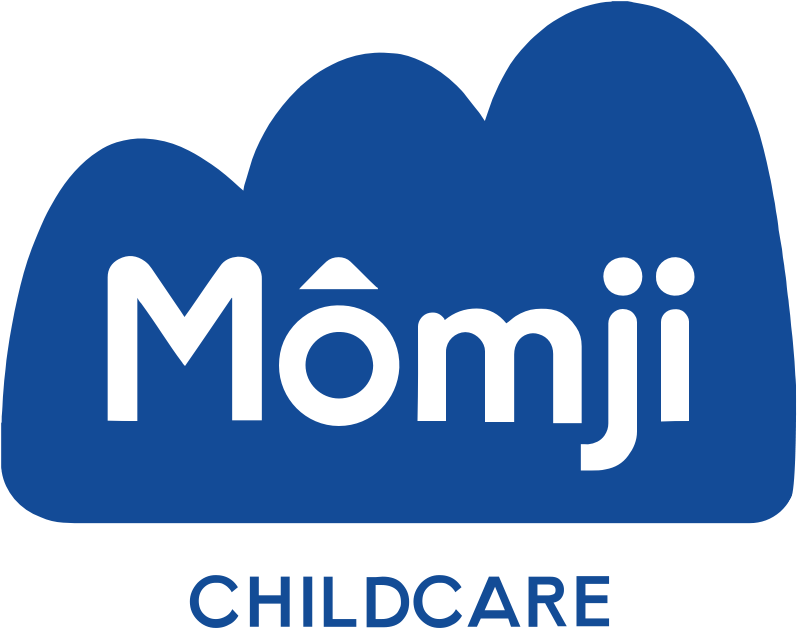
This is a question frequently asked among parents. Sometimes it is not easy to see the differences between babysitting in language immersion and language courses.
Depending on what you want for your children, we help you in this article to distinguish the two offers.
# 1 Babysitting children and teaching them a foreign language are two different tasks
Immersion childcare includes "classic" babysitting, which includes looking for children after school, snacking, bathing, and helping them to do their homework. And all of this is done while speaking English, to familiarize children with a second language.
Nannies are also invited to share their culture of origin with the child, to help them to become more open-minded, in this interconnected world we are living in.
To get an overview, we invite you to watch this report, broadcast in 2013, on France 2 (no subtitles in English):
As for the language course, a teacher comes to your home to teach the foreign language, depending on the age of your children (kindergarten, primary, middle school or high school). Mômji has chosen educational materials adapted to the age and level of each student.
The session is mainly devoted to learning the new language, based on an "activity book", and audio supports.
The language teacher is not babysitter: he / she will not be in charge of picking up the children at school and helping them take a snack or a bath. Stakeholders come to your home to give a class, not to do the day care.
# 2 Selection criteria are different
Babysitters selected for language immersion are called nannies.
A previous experience in childcare is essential. During the interview, our recruitment teams evaluate their reliability, their motivations and their skills through different scenarios: the idea is to see how candidates can handle the unpredictable, conflicts, etc ...
For example: "you are at the supermarket, shopping, and suddenly the child begins to whim, because he / she wants you to buy candies, which he/she is not supposed to have ... How do you react? "
Or: "It's time to do homework, but the child refuses ... how do you react? ".
Once they became employees of Mômji, babysitters in charge of language immersion receive a briefcase of activities for a fun learning, including various media: finger puppets, passport, flashcards, game of seven families, etc ...
The speakers selected for language courses are called teachers. They must have a double experience with children and in language teaching. Our criteria are therefore doubly selective.
Conclusion: for nannies, recruitment is done on the level of language, and on a significant experience in childcare.
For teachers, recruitment is based on language level, and significant experience in language teaching.
# 3 THE CHILD'S PROGRESS DOES NOT EVALUATE THE SAME WAY
For children who take language courses, their progress is evaluated quickly. As if they were in class, teachers will note their progress in grammar, vocabulary, and the evolution of their level is easily seen.
The goal of language immersion is different: it is not a question of noting, evaluating the progress of the child, but to accustom him/her to a second language. Progress therefore takes longer to be visible.
However, we can observe their ease and their understanding over weeks, when they hear the language in another context (for example, a film in original version, an commercial in English, or English terms used in everyday life). ...).
# 4 LANGUAGE COURSES EXIST FOR ADULTS
Did you know that Mômji language courses are not just for kids? Whether for professional purposes, or simply to improve your vocabulary before your next holiday abroad, for an upgrade or for refreshment ... you can also call on our teachers to help you!
For intensive training, visit our professional English page




